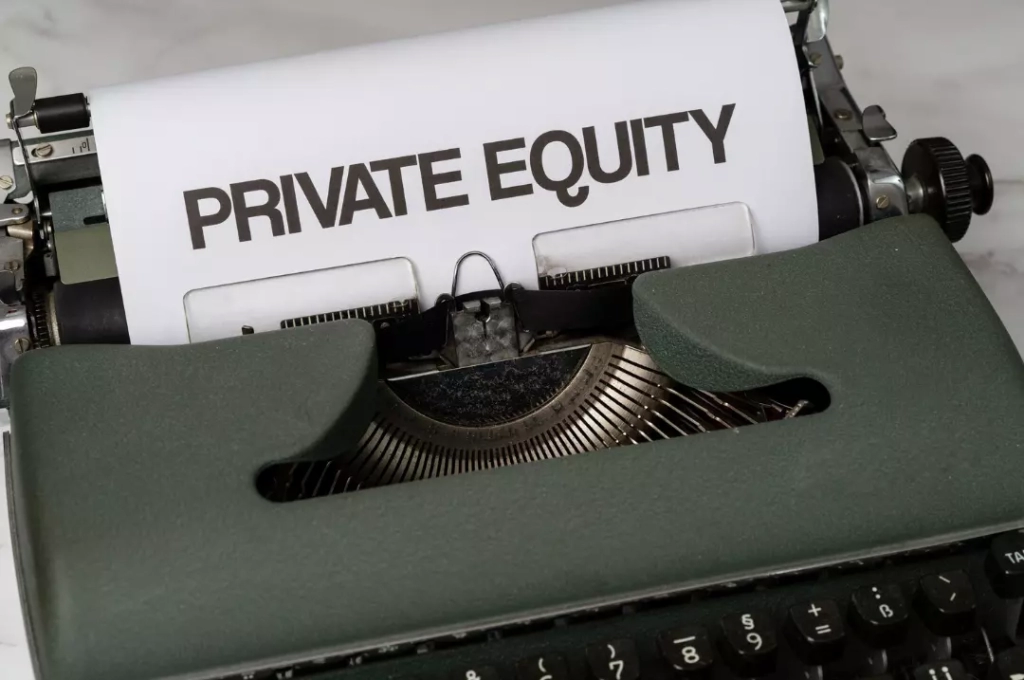How to use equity to buy an investment property?
Table of Contents
ToggleDo you want to invest in real estate but are unsure how to make it happen? Leveraging equity is one of the most popular and effective ways to finance an investment property purchase.
With a steady stream of income, regular cash flow and potential tax incentives, investing in rental properties can be highly profitable.
This blog post will give you everything you need to know about using your equity as capital for purchasing an investment property. Let’s dive right into what you need to get started on your successful real estate venture!
What is equity and how it works?
If you’re a homeowner, you’ve likely heard the phrase “equity” before. But what exactly does it mean?
Equity refers to the difference between the market value of your home and the amount of money you still owe on your mortgage. Put simply, it’s the ownership interest you have in your property.
Understanding your equity is important, as it can be used as collateral for loans, can help you secure an equity line of credit, and can even affect your ability to sell your home.
By paying down your mortgage and making smart home improvement investments, you can increase your equity and ensure you’re getting the most out of your property.
When talking about equity, there are two words often used. These words are “equity” and “usable equity”. Usable equity is important when you are asking for an investment loan. Let’s learn more about the difference between these two words.
What is usable equity?
Usable equity refers to the portion of your home’s equity that you can access and use without selling your property. It is the difference between the current market value of your home and the outstanding amount of any loans or liens against it.
Essentially, usable equity is the amount of money you could potentially receive if you were to sell your home right now, minus any costs associated with the sale. To determine the usable equity that you have, subtract the amount you still owe on your mortgage from 80% of your property’s current value.
For example: If you have a mortgage of $200,000 on a home valued at $500,000, you can calculate your usable equity using this equation.
$500,000 x 0.8 =$400,000.
Minus $200,000 in existing loans.
Therefore, your usable equity would be $200,000.
This equity can be used for a variety of purposes, such as home renovations, debt consolidation, or even as a down payment on another property.
However, it’s important to remember that borrowing against your usable equity comes with risks and should only be done after careful consideration and financial planning.

How does equity work when buying a second home?
When purchasing a second home, equity plays a crucial role in the buying process.
Equity can decrease the amount of money homeowners need to contribute upfront when purchasing their second home, making it an appealing option for those who may not have substantial savings.
Homeowners can utilise their equity in several ways, such as using it as a down payment for their second home. Here’s how it works:
- Suppose you get your home appraised by your bank, and it is valued at $800,000.
- Subtract your current loan balance from the total value of your home to calculate your equity. For example: If your home is worth $800,000 and you still owe $300,000, then your equity is $500,000. Remember, the equity represents the difference between your home’s market value and the amount you owe.
- Next, calculate your usable equity. Banks are generally comfortable lending up to 80% of the value of your home, minus the amount you owe to the bank. In our example, 80% of $800,000 is $640,000, so the usable equity is $340,000.
- You could use the equity in your home as a deposit for an investment property.
However, it’s important to remember that equity can fluctuate due to changes in the housing market, and it’s essential to consult with a financial advisor to determine the best use of your equity when purchasing a second home.
How to use equity to buy an investment property?
In order to tap into your equity, borrowers usually either refinance their current home loan or apply for a loan increase. The bank will consider factors such as your income, debts, and the property’s value when making the decision to grant you access to your equity.
After using the money as a deposit, you can obtain a new loan for the investment property from the same lender. This will leave you with two properties that may appreciate in value with time.
In the above example, it might look like this:
| Amount | Notes | |
|---|---|---|
| Existing home loan | $300,000 | Total property value is $800,000 |
| Investment property price | $600,000 | Total property value is $600,000 |
| Equity accessed | $200,000 | A deposit of $180,000, and a further $20,000 to cover stamp duty and other buying costs. |
| Remainder of the investment loan | $420,000 | This combined with the $180,000 deposit accessed in equity covers the full purchase price. |
| Total property values | $1,400,000 | $800,000 own home + $600,000 investment property |
| Total debts | $920,000 | $300,000 own home + $200,000 equity release + $420,000 investment loan |
*This table is inspired from CommBank
The Rule of Four
Starting the process of buying an investment property can be challenging and confusing.
A straightforward way to calculate the answer is to multiply your usable equity by four.
For example: If you multiply four by $100,000, your maximum purchase price for an investment property is $400,000.
By following this ‘rule’, you can make a 20% deposit and avoid incurring lenders mortgage insurance (LMI). Also, the remaining amount can be used as a buffer to cover extra expenses such as stamp duty. This formula can be useful in calculating whether you have sufficient funds for a deposit and upfront costs involved in purchasing a new property.
If your deposit is less than 20%, you might have to pay for Lenders Mortgage Insurance (LMI). LMI is a protection for lenders in case you can’t pay your loan and they can’t recover the remaining balance.

What can equity be used for?
Equity can be used for a variety of purposes, and unlocking its potential can be a game-changer for homeowners.
With equity, you can tap into the value of your property and use it to finance big-ticket items, such as:
- Home renovations
- High-interest debt consolidation
- Funding education expenses or unexpected medical bills
Equity loans and lines of credit can provide flexible and affordable options for accessing your equity, and they often have lower interest rates than other forms of credit.
Understanding how to leverage your equity can help you achieve your goals and improve your financial position.
Do you need a deposit on investment property using equity?
Investment properties can be a fantastic way to generate passive income and build long-term wealth.
One question that often comes up for potential investors is whether they need to make a down payment when purchasing an investment property using equity. While the answer to this question depends on a variety of factors, including the specific property and lender you are working with, there are a few things to keep in mind.
Generally speaking, lenders may require a down payment ranging from 10-30% of the property’s value. However, if you are using equity from another property as collateral, this may offset some or all of the down payment requirements.
It’s crucial to do your research ahead of time and work with experienced professionals to determine the best path forward for your unique situation.
Get pre-approved for a loan before searching for properties so you know what you can afford
Before diving into the exciting world of property hunting, it’s essential to know your budget. Getting pre-approved for a loan is a crucial first step in the home-buying process.
By knowing what you can afford, you’ll avoid wasting time looking at properties that are out of your price range.
Getting pre-approved for a loan also shows sellers that you are serious about buying, which may give you an advantage in a competitive market. Plus, knowing your budget ahead of time can help you make better decisions throughout the entire buying process.
Things to consider before accessing equity for property investment
Equity is often seen as a valuable source of funds for property investment, but before tapping into this resource, it’s important to consider a few key factors.
- Assess your current financial situation and ensure that accessing your home equity won’t put you at risk of defaulting on your mortgage.
- Make sure to have savings set aside for unexpected costs such as repairs, and don’t invest unless you can comfortably make payments on both loans for a temporary period, such as during a vacancy or if the tenant stops paying rent.
- Factor in the potential risks and rewards of property investment, including potential cash flow, maintenance costs, and market volatility.
- Consider the tax implications. While investment properties can qualify for tax deductions and negative gearing, the actual benefit you receive will depend on your specific income and circumstances.
- Be sure to research and compare the different financing options available to you to find the one that best suits your needs and goals.
By taking a methodical and informed approach to accessing your equity for property investment, you can ensure you make a sound financial decision that can open up a world of possibilities.

Investing in property can be a great way to increase your equity. With careful research and a solid plan, you can make the most of your financial opportunities.
Before you invest, it’s important to do your due diligence and understand how equity works and how it will affect your finances.









